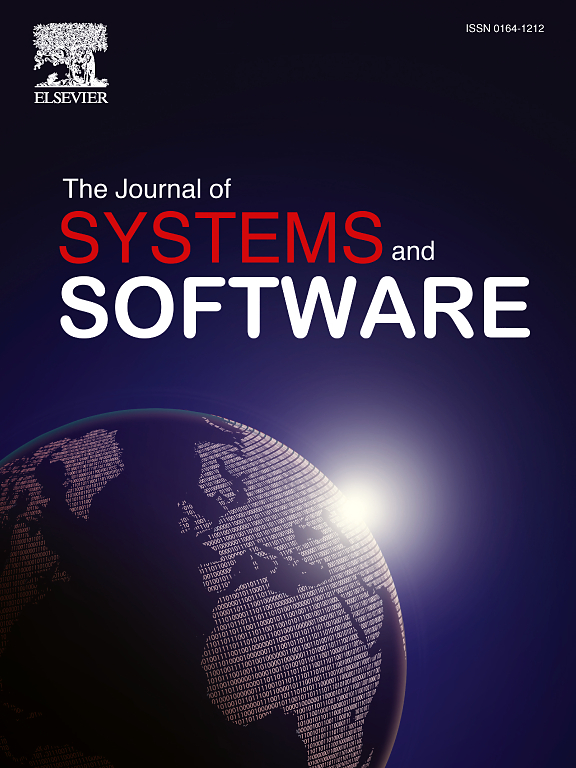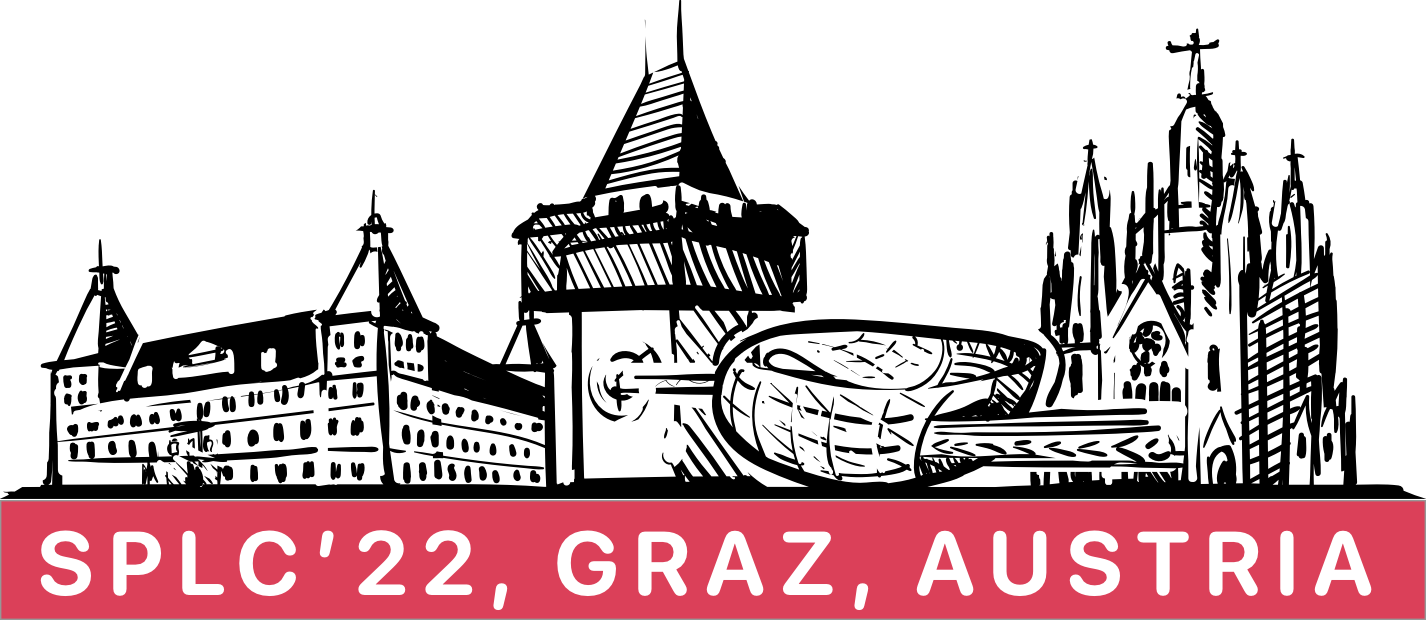Call for Papers – Special Issue on Managing Variability in Complex Software-Intensive Systems
A special issue of the Journal of Systems and Software.
Editors in Chief
- Paris Avgeriou, University of Groningen, Groningen, The Netherlands
- David Shepherd, Virginia Commonwealth University, Richmond, Virginia, USA
Special Issues Editors
- Laurence Duchien, University of Lille Faculty of Science and Technology, Villeneuve d’Ascq, France
- Raffaela Mirandola, Polytechnic of Milan, Milano, Italy
Guest Editors
- Wesley K. G. Assunção, Johannes Kepler University Linz, Austria & Pontifical Catholic University of Rio de Janeiro, Brazil
- Jane Cleland-Huang, University of Notre Dame, USA

Theme
Software broadly influences the design, construction, deployment, and evolution of complex systems such as automobiles, avionics, cyber physical systems, smart cities, and robotics. To support the engineering of such complex software-Intensive systems, reuse is essential for reducing costs and time to market, increasing productivity, and improving software quality. However, to leverage software reuse when engineering software-Intensive systems, practitioners must deal with variability, in order to extend, change, customize, and configure products or artifacts for use in particular contexts. Managing variability in the engineering of complex software-intensive systems is therefore very challenging and spans across the entire life cycle, from requirements elicitation to runtime operation and maintenance.
This special issue focuses on novel approaches, methods, techniques, and empirical studies for systematically managing variability in all stages of engineering software-intensive systems.
Submission Topics
Topics of interest related to this Special Issue on Managing Variability in Complex Software-Intensive Systems include, but are not limited to:
- Systematic variability management for modern technologies: automotive software, autonomous driving, bots in software engineering, cloud computing, cyber-physical systems, Internet of Things, (Micro-)service architectures, ML/AI-based systems, and robotics
- Artificial Intelligence (e.g., search-based and machine learning techniques) for systematic variability management
- Architecture, design, and visualization of software product lines
- Dynamic software product lines, reconfigurable systems, (self-)adaptive systems
- Evolution, maintenance, and continuous integration for product lines (e.g., DevOps)
- Formal methods and SPL verification techniques (e.g., program analysis, model checking)
- Variability management to support green and sustainable software systems
- Human, organizational, and social aspects of product lines (e.g., BPM, collaborative modeling and development, cooperative configuration processes, economics, program comprehension)
- Language product lines, domain-specific modeling, and programming languages for product lines
- Multi product lines, product lines of product lines, software ecosystems
- Non-functional properties of variant-rich software systems: modeling, analysis, and optimization (e.g., performance, energy)
- Reverse engineering, variability mining and refactoring (e.g., migration from clone-and-own)
- Recommender systems for configurators and feature models (e.g., CSP/SAT/SMT solvers)
- Specification and modeling of SPL (e.g., domain-specific modeling, model-driven engineering)
- Testing of product lines (e.g., product sampling, test-case selection and prioritization, mutations)
- Variability management and variability modeling (e.g., feature models, decision models)
Important Dates
- Submission: 31 January 2023
- Notification to authors (first round): 31 March 2023
- Submission of revised papers (second round): 31 May 2023
- Notification to authors (second round): 31 July 2023
- Submission after second review: 30 September 2023
- Final acceptance: 31 October 2023
- Proposed date of publication: 31 December 2023
Submission Guidelines
The call for this special issue is an open call. We invite innovative research with a sound scientific or technological basis and validation. We accept submissions of original and previously unpublished manuscripts and we especially encourage the submission of revised and extended papers from the 26th International Systems and Software Product Line Conference (SPLC 2022).
Surveys, (systematic) literature reviews and mapping studies are out of the scope of this special issue and will be desk-rejected. If a previous version of the manuscript has been published in a conference or journal, then authors must explicitly explain the novelty of this new submission and provide at least 30% new material.
All manuscripts and any supplementary material should be submitted through the Elsevier Editorial System at http://ees.elsevier.com/jss. Follow the submission instructions given on this site. During the submission process, select the article type “(TBD)” from the “Choose Article Type” pull-down menu. All submissions must adhere to the general principles of the Journal of Systems and Software articles. Submissions have to be prepared according to the Guide for Authors, available on the journal website, and must follow the format specified in the JSS Guide for Authors https://www.elsevier.com/journals/journal-of-systems-and-software/0164-1212/guide-for-authors.
